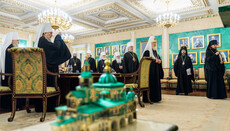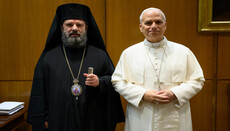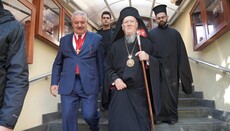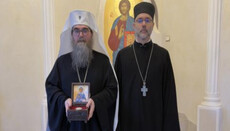Religious Workforce Protection Act seeks to ease challenges faced by foreign-born clergy
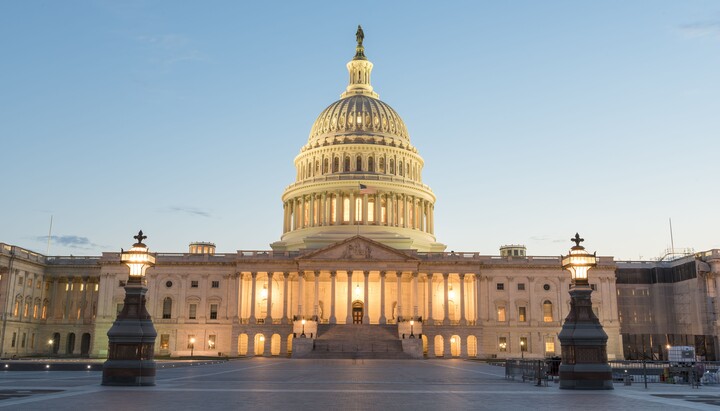
The bi-partisan initiative seeks to address the significant challenges faced by foreign-born clergy whose congregations are threatened by R-1 visa backlogs.
Washington DC—The Religious Workforce Protection Act, a bipartisan bill introduced on April 8, 2025, by U.S. Senators Susan Collins (R-Maine), Tim Kaine (D-Virginia), and Jim Risch (R-Idaho), seeks to tackle the growing challenges faced by foreign-born religious workers in the U.S. In response to visa backlogs, the legislation proposes extending R-1 nonimmigrant visa status and easing reentry processes for those impacted.
Background
Religious organizations across the country rely heavily on foreign born clergymen to meet the spiritual needs of their flocks. In Idaho, for example, 25% of the clergy are foreign-born. Crucial to maintaining these communities has been the R-1 Non-Immigrant Religious Workers program.
But DHS currently has a two year backlog for R-1 applications, leaving many parishes at risk of finding themselves without clergy. Catholic and Orthodox Churches in America are particularly reliant on foreign-born clergy, due to the small capacity of American seminaries and the limited number of Americans seeking a vocation in the priesthood. The Orthodox Church, already facing a shortage of clergy, is in a particularly vulnerable position.
While the Orthodox Church has seen a wave of converts in recently years, the Church takes her time in elevating young men to the clergy. An Archpriest in the Orthodox Church, who wished to remain anonymous, told UOJ-USA, "it's a problem we have to solve from the ground level. We have to raise up our own priests, and [in his parish—ed.} there's just no one ready, at least not yet."
The situation is further exasperated by recent "reforms" to the EB-4 category of religious worker visas — capped at 10,000 green cards per year — which have led to significant backlogs. In March 2023, the Biden Administration integrated non-religious applicants from countries like Guatemala, El Salvador, and Honduras, flooding the clergy pipeline with unrelated applicants and preventing clergy from entering/remaining in the country to carry out their pastoral duties.
The Catholic Church Makes a Stand
In August 2024, the Diocese of Paterson, New Jersey, along with five of its priests, filed a lawsuit against the U.S. Department of State, the Department of Homeland Security, and U.S. Citizenship and Immigration Services. Diocese of Paterson v. U.S. Department of State challenges the Biden era changes to the EB-4 visa program, arguing that the alterations infringe upon religious freedoms by hindering the faithful's ability to practice their faith and maintain consistent spiritual leadership. The lawsuit further argues that the government's changes to the visa program violated the Administrative Procedure Act by not giving sufficient notice and opportunity for public comment.
As of April 2025, the suit is pending in the U.S. District Court in Newark, NJ.
The Religious Workforce Protection Act
The Religious Workforce Protection Act introduces focused reforms to support foreign-born religious workers facing visa-related obstacles:
- Extended R-1 Visa Duration: Authorizes the Secretary of Homeland Security to extend R-1 status beyond the current five-year limit for religious workers already in the U.S., allowing uninterrupted service while green card applications are pending.
- Reentry for Departed Workers: Permits the return of religious workers who were forced to leave the country due to visa expirations and delays, helping faith communities retain vital personnel.
- Job Flexibility Protections: Grants limited employment flexibility for religious workers awaiting EB-4 decisions, preventing them from having to restart the residency process due to job changes like transfers or promotions.
The bill has received support from the U.S. Conference of Catholic Bishops (USCCB), National Association of Evangelicals, U.S. Council of Muslim Organizations (USCMO), and the Hindu American Foundation. At the time of this publication, none of the Orthodox jurisdictions in America have commented on the issue.


